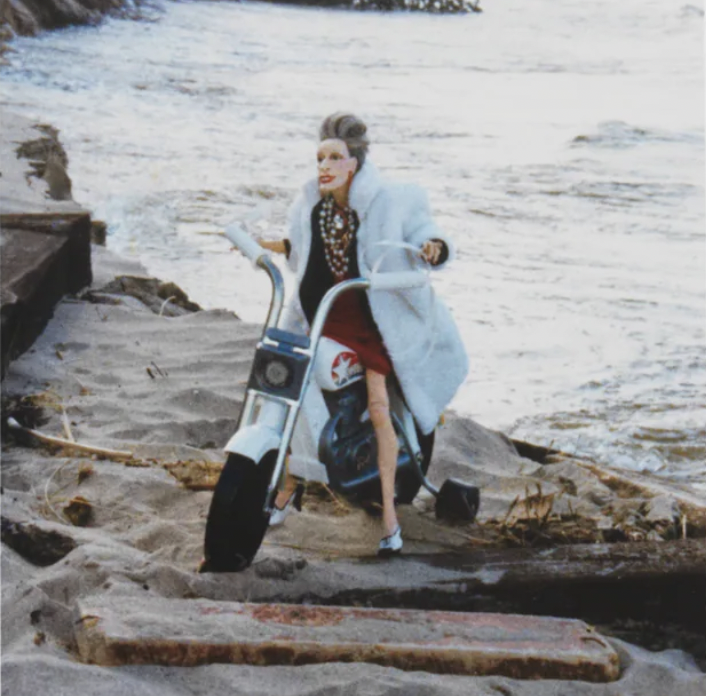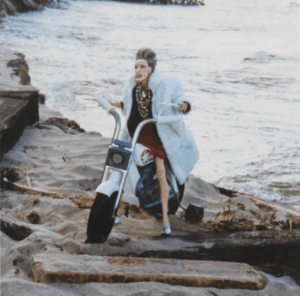
The defining characteristic of this year has been trauma. From the effects of the COVID-19 pandemic to the ongoing uprisings surrounding racial injustice, everyone is witnessing, processing or recovering from trauma in real time. Writer/director duo Gerard Bush and Christopher Renz channel affliction, as well as hope, in the most poignant and unconventional way in their feature-length debut, Antebellum—a horror film about a literary star played by Janelle Monáe. I caught up with the pair through Zoom—our new normal—to learn more about their past work in music videos and shorts, and their new film, meant to be released earlier this spring but pushed back to a domestic on-demand release and international theatrical release this fall. While a traditional Hollywood theatrical release won’t happen, the pair added that, in this social climate, that might be for the best. “We’re not interested in creating anything that doesn’t instigate or catalyze a dialogue,” Bush asserts. “Art for us is meant to trigger, to a certain extent, and we would prefer that triggering for now happens within the safety of your home.”
Taking on the heavy topic of America’s ongoing problems with race and inequality is no easy feat, but Bush and Renz may be the perfect team for what appears to be the perfect film for this year. Creative collaborations and romantic relationships don’t always come easily, especially when cultural differences are involved. The two are partners both professionally and personally and, as we get to know one another onscreen, Bush jovially describes himself as “super Black” and Renz as “Connecticut white.” Though coming from different ends of a spectrum, the two have put in the work to build trust and understanding. It didn’t surprise me to hear that, at the core of that understanding, are Black women. Bush shared that, as the relationship was building, “Black women like my mother and my sister, who’s a Spelman alum, enveloped Christopher; he’s a part of our family and he has to play audience and be active in conversations around us as Black people and our experience in a white America.” Black women are not only central to the couple’s family life, but also to their work, which amplifies the Black nuclear family, Black maternal health and Black female agency—each historic and ongoing issues that everyone needs to acknowledge and address.
When I asked about their creative process and if there are ever issues or conflicts, both completed each other’s sentences, further proof of how synced they are, so much so that the phrase “two directors, one vision” became a tagline on set. “We’ve been together for twelve years and because we spend every waking hour together, there is a telepathic shorthand and a respect and an understanding of being able to read each other’s body language as it relates to a particular thing that we have to do on set,” Bush shares. If only our leaders exhibited the same level of sensitivity that Bush and Renz have with each other, perhaps we’d be a little closer to active listening, war prevention and cultural healing. Conscious confrontation has to be the next step for everyone, and Antebellum offers a roadmap for what this might look like. According to Bush, “we are constantly working toward a correction; until white people can confront the ugly truth of the past, which is this country’s founding, we can’t heal.”










 in your life?
in your life?

